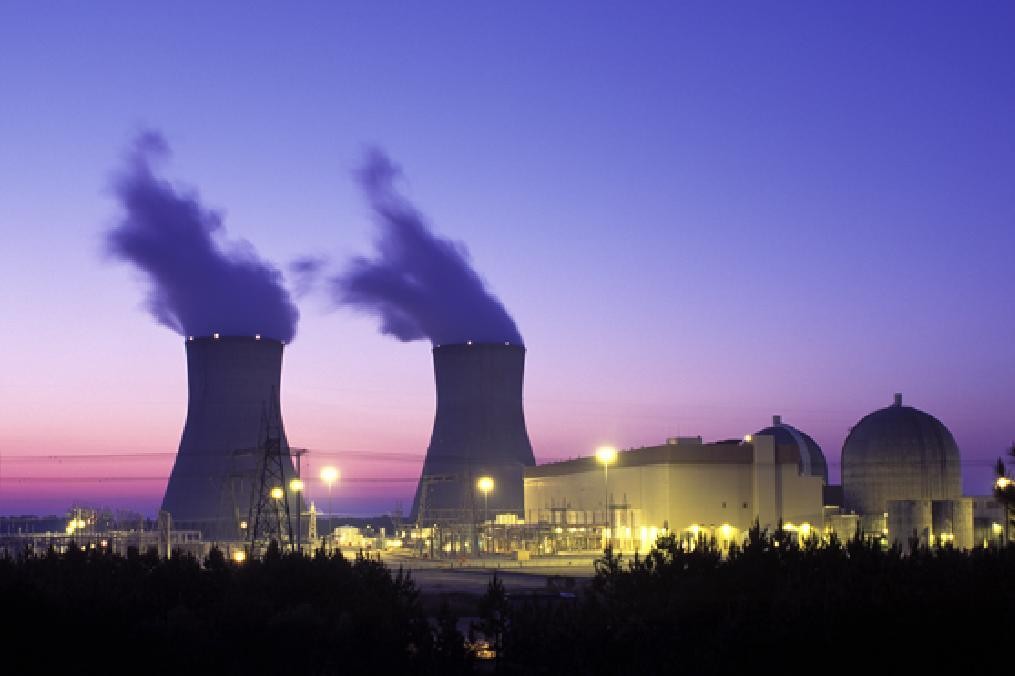(Editor’s note: Patty Durand is president and founder of Cool Planet Solutions and lost a race in the 2022 election for the Georgia Public Service Commission.—eeb)
By Patty Durand
CONYERS, Ga. | On July 31, Georgia Power’s Plant Vogtle’s Unit 3 entered commercial operation after 14 years of construction, and Unit 4 is expected to be completed no later than March of 2024. Plant Vogtle is the only nuclear power plant under construction in the United States.
As Plant Vogtle nears completion, there has been positive information from Georgia Power executives and Georgia Public Service commissioners citing Georgia for achievement, as though our state did something no other state could do. But the truth is, 49 other states didn’t build nuclear power because they knew it was the most expensive electricity generation that exists. They chose more affordable choices to meet their state’s energy needs.
Georgia Power is the state’s only for-profit monopoly corporation. Monopolies have a history of customer abuse and aggressive profit-seeking, which is why they are generally illegal in the United States. When state legislatures create utility monopolies, they require close state oversight to ensure the public interest is served. The Georgia Public Service Commission (Ga PSC) is the state agency with that responsibility. The fact that the Ga PSC allowed Georgia Power to build this expensive generation source is a clear indication that the commission is in regulatory capture, an economic term that means regulators do what the utility wants instead of following their mandate.
And what is their mandate? The Georgia legislature’s mandate to the Ga PSC is similar to all state commissions: they must set a reasonable profit for Georgia Power, and they must set just and reasonable electricity rates. Yet the Ga PSC sets Georgia Power’s profits far higher than utility industry norms – so much higher, in fact, that it pulls up the national average for the country. And when we think about just and reasonable rates, that does not and cannot include spending $35 billion building the most expensive power plant ever built on earth.
Not only should Plant Vogtle never have been built, the fact that it was signals the need for urgent regulatory reform to return the Georgia Public Service Commission to its mission to protect Georgians from monopoly overreach. Here is more evidence for this: even without Plant Vogtle, Georgia Power has vastly overbuilt generation capacity, known as reserves. Every grid needs reserves which is electricity generation beyond what is thought to be needed. There are national guidelines for reserves that are tracked and published to ensure vital U.S. interests in electric grid stability are met. Georgia Power exceeds those guidelines nearly three-fold. Such high reserves cost Georgians billions of dollars in unnecessary expenditures, and deliver billions of dollars in profits to Georgia Power.
These decisions – to build expensive nuclear, to build grid capacity three times above the recommended amount — are why Georgia’s utility bills rank in the top five in the nation in power cost.
It doesn’t have to be this way. Georgia’s utility regulations must change to focus on affordability and reducing waste rather than building things for utility profit. Affordability can also be returned with better leadership on the commission. The 21st century gives us high-speed data, distributed generation, and advanced digital technologies. If we pair these capabilities with renewables and storage, and adopt programs to reduce costs that are routine elsewhere, we can have the grid of the future that Georgians deserve.
- Have a comment? Send to: elliott@brack.net











Follow Us